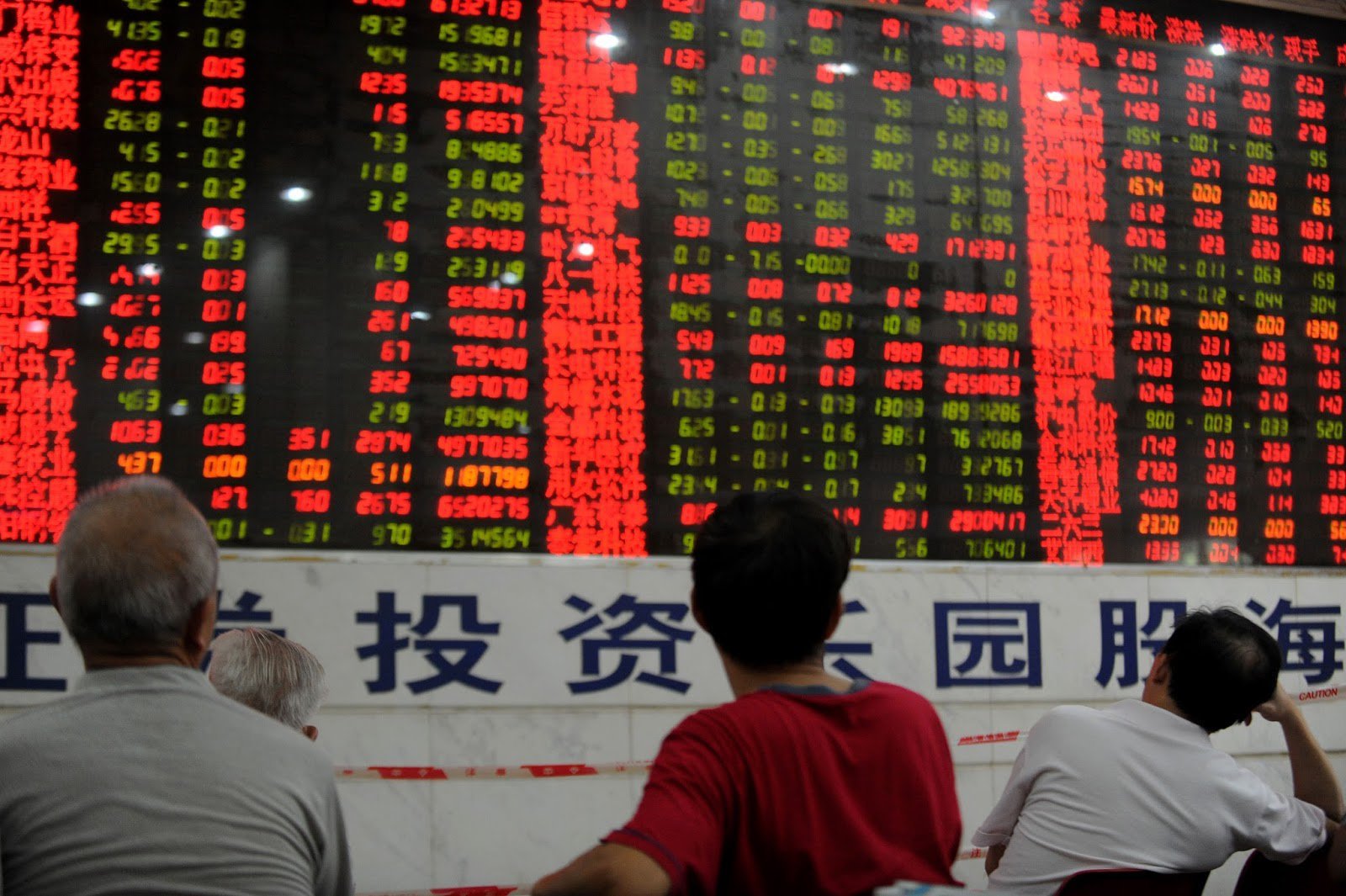Okay, let’s be real – things are getting messy in the US economy. And frankly, that could be HUGE for Bitcoin. We’re seeing increasingly grim predictions, with whispers of a recession becoming the ‘baseline expectation’. The Fed is caught in a brutal bind – fight inflation and risk a jobs massacre, or ease up and let prices run wild? It’s a goddamn mess.
The latest GDP figures are a slap in the face, going negative in Q1. Throw in Trump’s potential tariffs cranking up inflation, and the Fed’s in deep trouble. The market isn’t expecting much relief anytime soon, with FedWatch showing little hope for big rate cuts before 2025.
But here’s where it gets interesting. Smart money, like Skew, believes rising hopes for rate cuts – driven by fears of a slowing economy – could be a major catalyst for Bitcoin. They’re watching the economic weakness more closely than anything else right now.
Speaking of warnings, former Treasury Secretary Yellen is dropping truth bombs about the disastrous impact of these tariffs, hitting both consumers and businesses. Larry Summers is echoing this, saying the odds of a recession are a scary 70% this year.
Add to this soaring unemployment claims – the highest since February 2025 – and you’ve got a recipe for serious economic anxiety. Meanwhile, gold futures took a nosedive as risk appetite ticked up, and the dollar strengthened. But don’t count gold out yet! Weak economic data is pushing down rates, which traditionally boosts gold demand.
On the bullish side, Strategy announced a massive $21 billion share offering and ramped up its Bitcoin target, showing serious conviction. They’re sitting on 553,555 BTC, bought at an average of $68,459. And Tether is flexing its muscles, holding over $7.6 billion in Bitcoin! Plus, 21Shares is pushing for a Sui ETF in the US – they want a piece of the American pie.
Knowledge Points:
Economic Cycles & Bitcoin: Historically, Bitcoin has sometimes acted as a hedge against economic uncertainty. During periods of economic downturn, investors may look for alternative assets like Bitcoin.
Federal Reserve Policy: The Federal Reserve (the Fed) controls monetary policy, primarily by adjusting interest rates. Lower rates can stimulate economic activity, but also increase inflation.
Recession Indicators: Several factors suggest a potential recession, including negative GDP growth, rising unemployment claims, and inverted yield curves (not mentioned in the article, but often tied to this discussion).
Quantitative Tightening (QT) & Quantitative Easing (QE): These are powerful tools the Fed uses to manage the money supply. QE involves injecting liquidity, while QT removes it, often impacting asset prices.
ETF Impact: The approval of spot ETFs (like the potential Sui ETF) typically increases accessibility and investment in cryptocurrencies.






